
BIG, the renowned Danish architecture studio and Lonestar Data Holdings have collaborated on a subject involving space and architectural innovation. Together, they created a data storage device for the Moon. Named the “Freedom Payload,” this newly designed storage device will be the first data center to be sent to space. The project is being built upon the success of Lonestar’s Independence payload, launched in early 2024. This new data center is planned to be used by governments, enterprise businesses, and leading NGOs to relocate humanity’s data storage to the Moon to safeguard information in case of a catastrophe on Earth.
The Freedom Payload will weigh 1 kg and be about the size of a hardback book. It will be able to store up to eight terabytes and will be entirely solar-powered and naturally cooled. This new data storage device is a result of combining architectural design and cutting-edge engineering. It embodies functionality and sustainability. “Using 3D printing, BIG has created a structure that can withstand the harsh conditions of the Moon while promoting sustainable practices in extraterrestrial environments,” said Lonestar and added, “As humanity transitions to a digital society with never-ending data needs, the expansion of data centers to the Moon provides an environmentally friendly means to simultaneously meet the needs of Earth while protecting the planet from carbon-heavy data centers.”


In addition to being various firsts, the Freedom Payload will also carry a profound symbolic weight. Its design embodies an inspirational message, depicted as a sundial to honor the legacy and future of space exploration. “BIG’s ethos of giving form to the future; it is designed to feature the profiles of two NASA astronauts – Charlie Duke and Nicole Stott – whose faces will cast changing shadows on the Moon throughout the lunar day (14 Earth days) for thousands of years to come,” said BIG about the significance of the design. In the morning on the moon, the silhouette of Charles Duke, a moonwalker from Apollo 16, represents the accomplishments of the Apollo program. As the day progresses, the silhouette transitions to spacewalker astronaut Nicole Stott, symbolizing the advancement and inclusivity of present and future missions under NASA‘s Artemis program.
Freedom Payload is set to launch to the Moon later this year as part of a NASA Commercial Lunar Payload Services (CLPS) mission, an initiative that allows commercial companies to deploy technology on the moon’s surface for experimentation and testing.




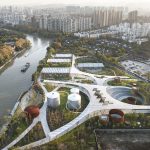

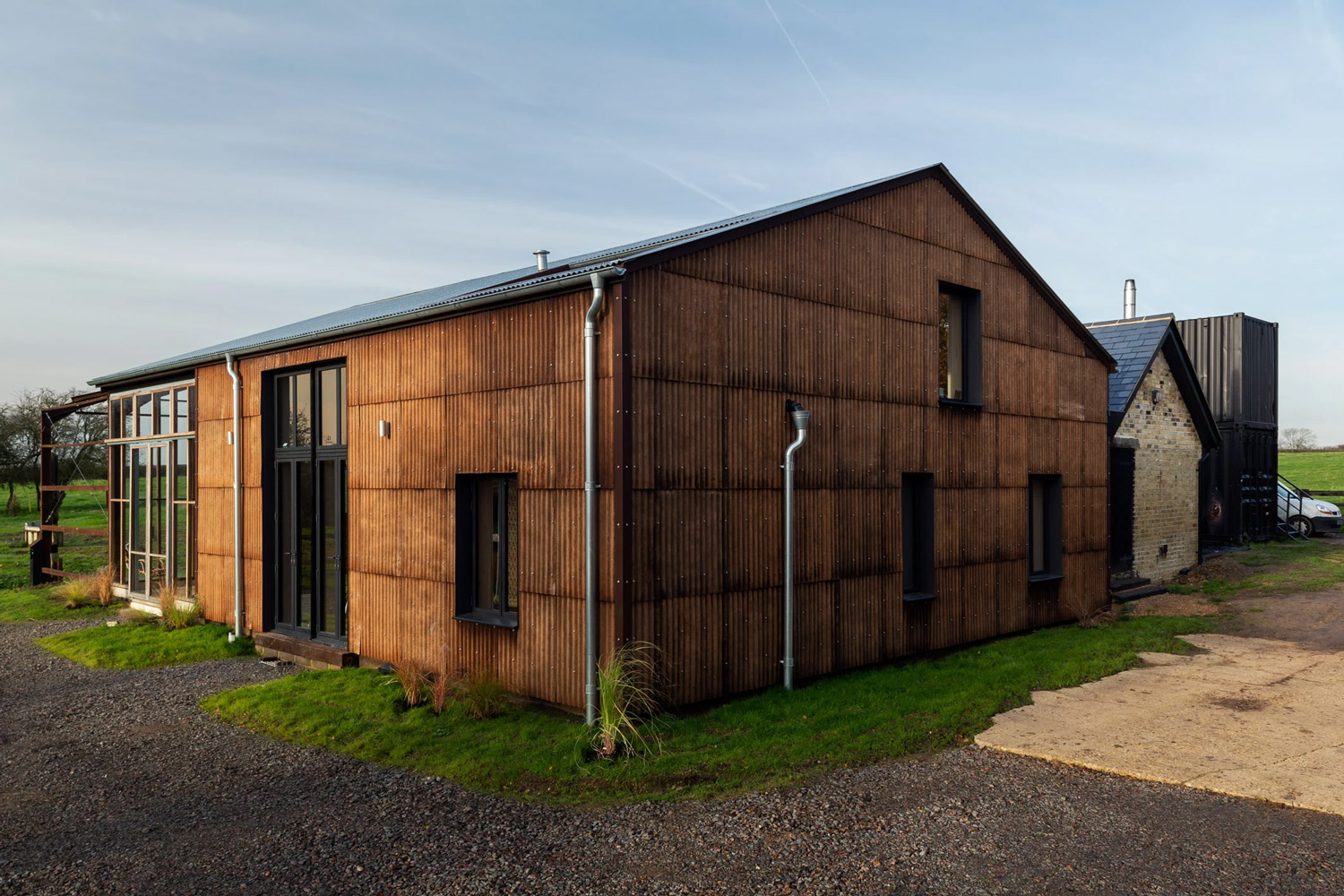

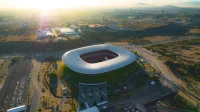
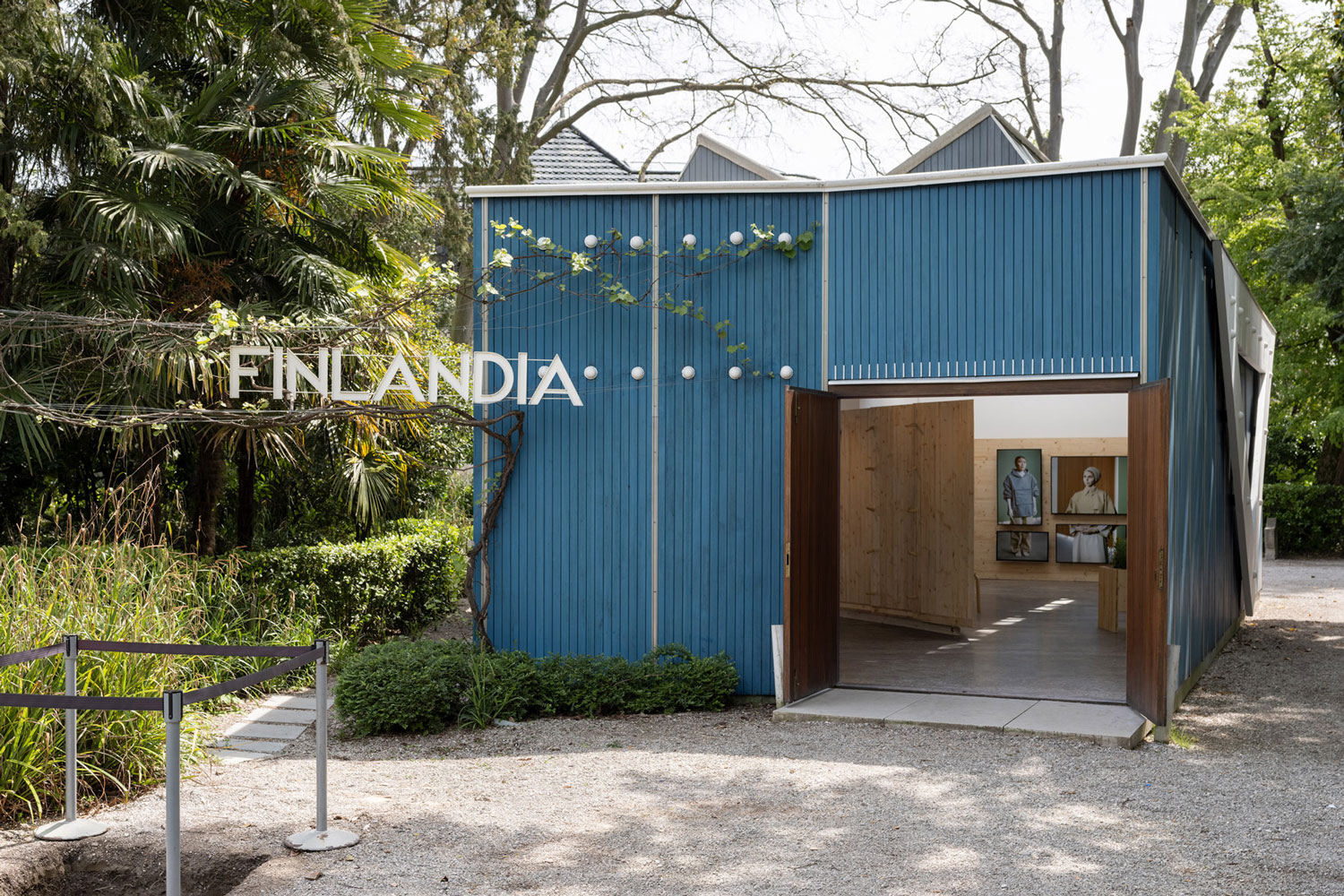
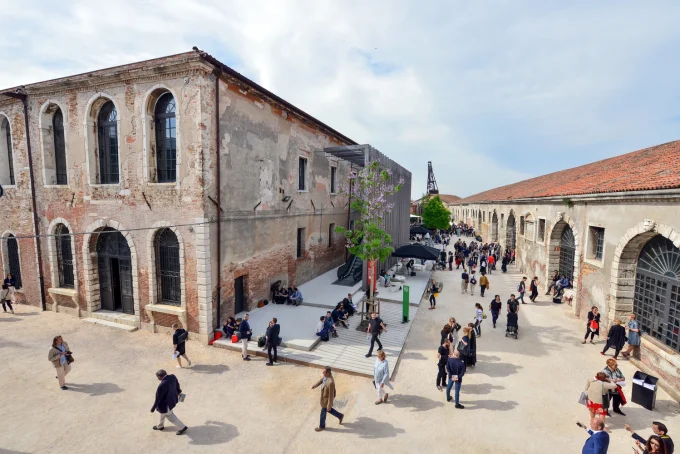
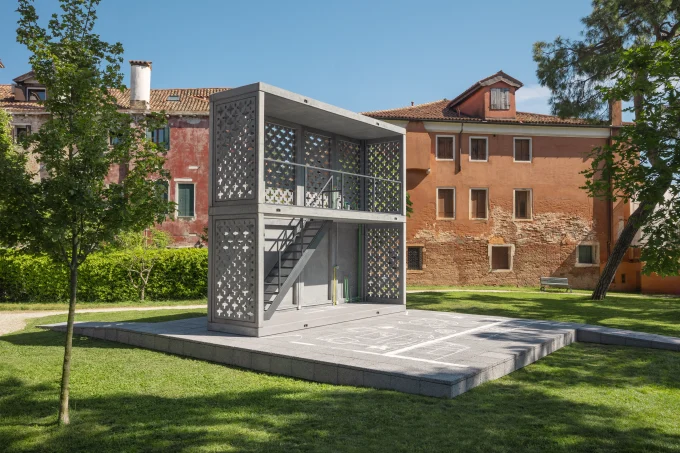
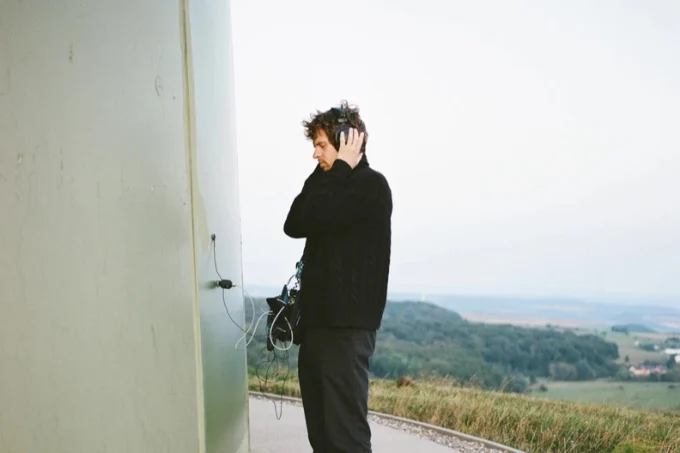
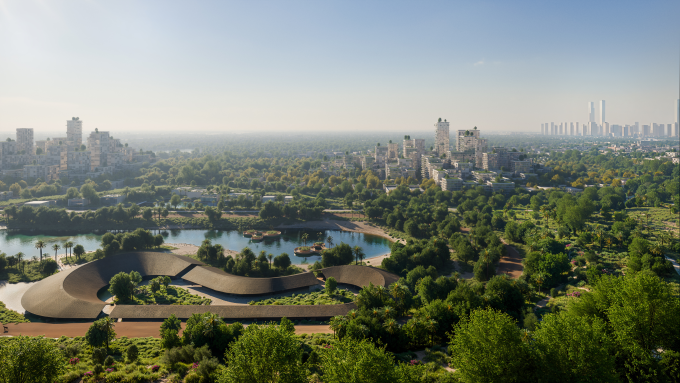




Leave a comment